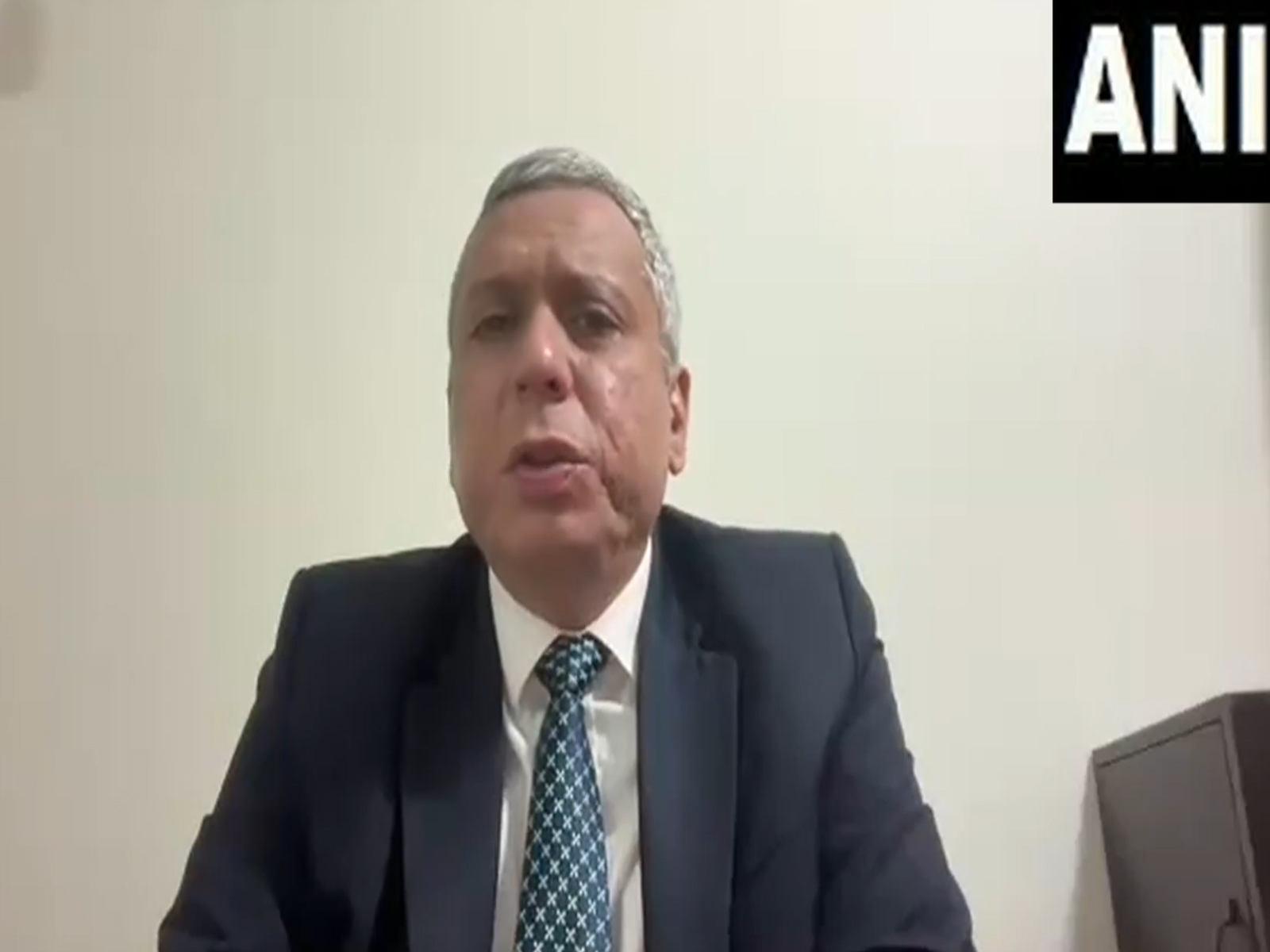US Hikes H-1B Visa Fees: Impacts on Indian Workforce
The United States' decision to significantly raise H-1B visa fees has sparked concern in Indian industries. Expert Ajay Bagga suggests the move could curb brain drain, pushing India to utilize skilled workers better. Meanwhile, U.S. officials aim to prioritize domestic employment by elevating application costs.

- Country:
- India
The recent U.S. decision to increase H-1B visa fees to an annual $100,000 has sent ripples through Indian industries dependent on this visa program. Banking and market expert Ajay Bagga voiced a contrary perspective, suggesting the fee hike could effectively mitigate the brain drain phenomenon by encouraging India to better harness its skilled workforce.
Bagga highlighted the significant reliance of various sectors in the U.S. on H-1B visa holders. He noted that approximately 16,000 Indian-origin doctors work in U.S. rural areas, while major IT firms employ thousands under this visa category. He predicts a shift in business strategies as companies may opt to outsource operations to adapt to the new cost demands imposed by the fee increase.
The policy's ramifications are expected to reach beyond information technology, affecting healthcare, financial services, and other sectors reliant on foreign expertise. Announced by U.S. President Donald Trump, this fee hike aims to curb perceived overutilization of the visa program and safeguard American jobs. Bagga anticipates that offshore centers like Vancouver may become more attractive as firms seek cost-effective alternatives.










